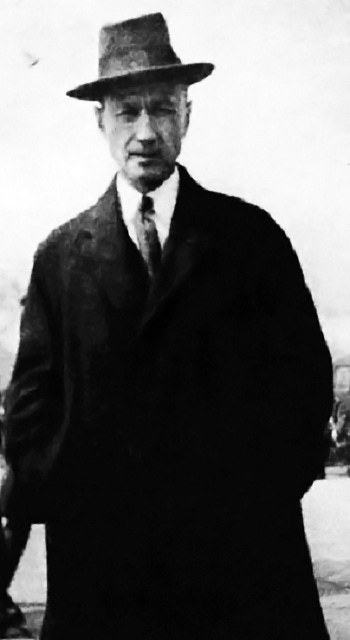Captain America
Could Charles Ives save America? We can't know when no institution will let him.
This Sunday, October 20 is Charles Ives 150th birthday. Ives is the single most important composer in American classical music, and one of the handful of absolutely essential figures in America cultural history. And if you only looked at the classical music schedule in New York City this season, you would never know that.
To be absolutely, painstakingly,…
Keep reading with a 7-day free trial
Subscribe to Kill Yr Idols to keep reading this post and get 7 days of free access to the full post archives.




